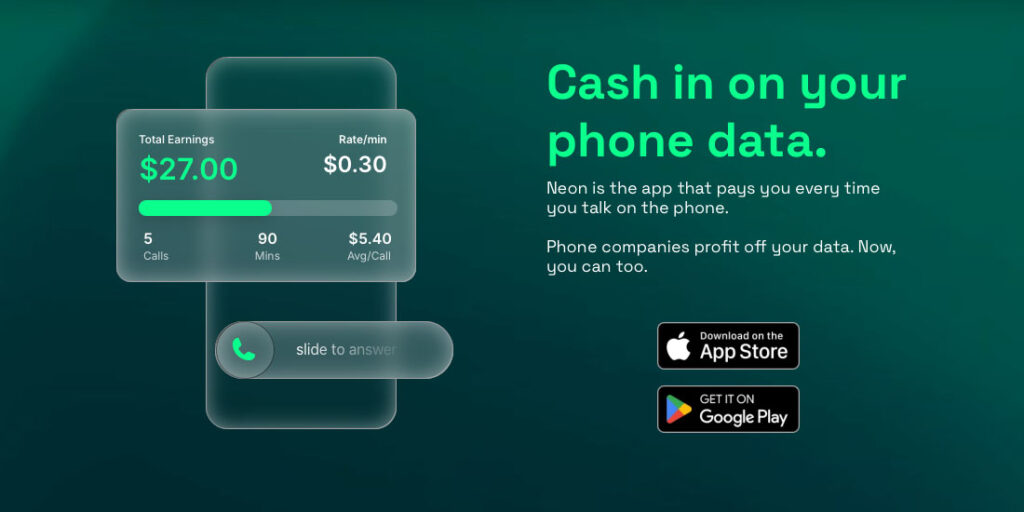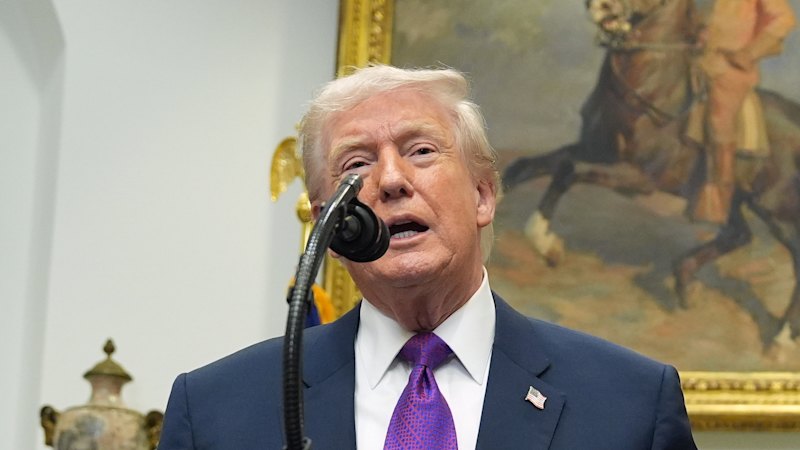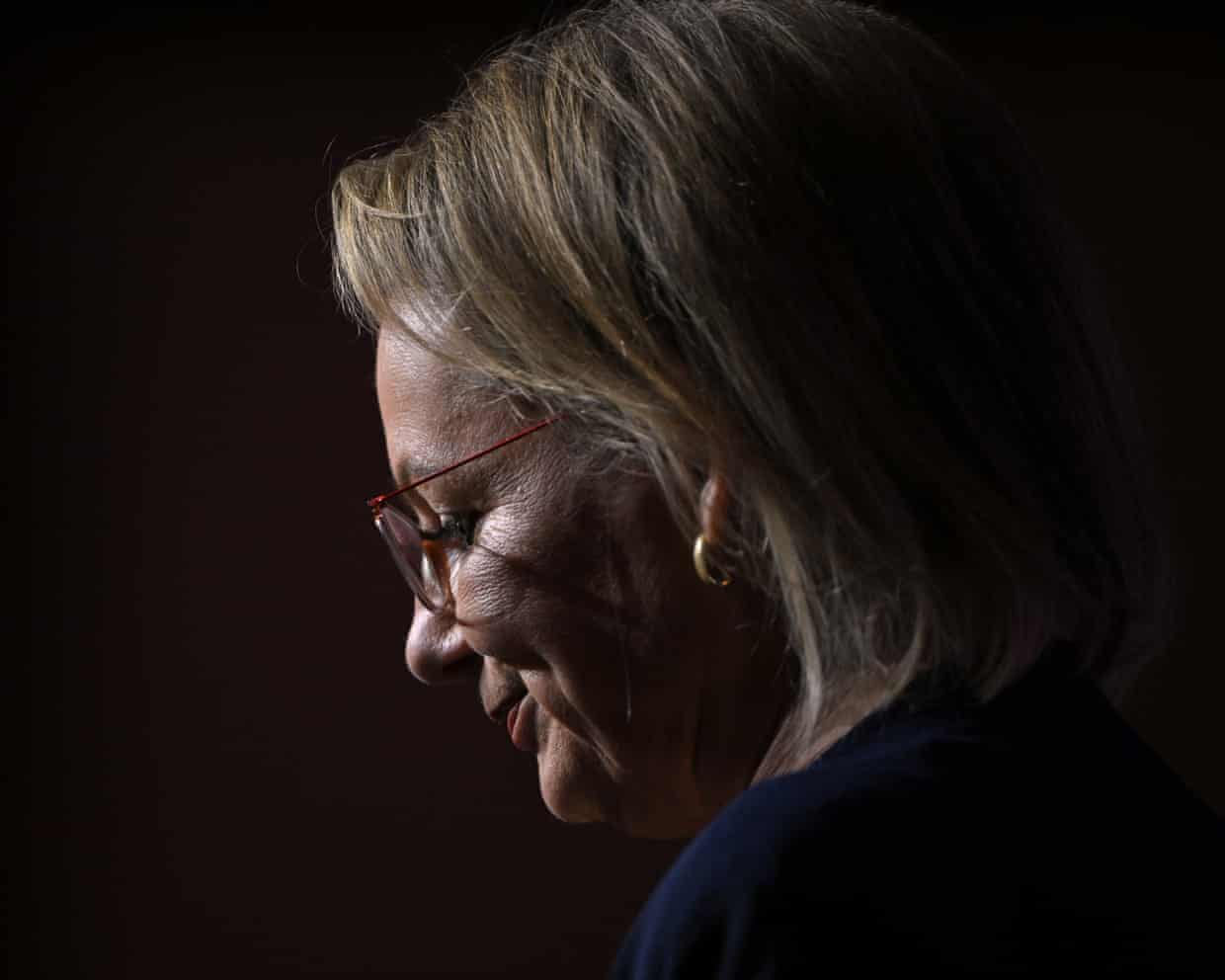
The popular call recording app, Neon, has been taken offline after a significant security breach exposed private user data, including call recordings and transcripts. This decision comes just days after the app gained attention for its promise to pay users “hundreds or even thousands of dollars per year” in exchange for allowing the recording and monetization of their phone conversations.
Discovery of the Security Flaw
Users first became aware of the vulnerability when they successfully intercepted data related to their own calls. Some managed to exploit this flaw further, tricking Neon’s servers into providing access to call records and metadata from other users. This alarming situation prompted reporters to notify Alex Kiam, the founder of Neon, about the breach. In response, Kiam took immediate action to remove the app from circulation and communicated with users, informing them that the app would be temporarily disabled. Notably, he neglected to address the specifics of the data breach in his communications.
Neon, which had quickly become a trending app on the App Store, was marketed as a platform where users could earn money through their recorded conversations. The company’s business model relied on selling this data to AI companies, raising ethical concerns about privacy and consent.
Industry Reactions and Implications
The incident has sparked discussions about the security practices of apps that handle sensitive information. Data privacy advocates are urging stricter regulations in the tech industry to prevent similar breaches. The implications of this breach are far-reaching, as users may now question the safety of sharing personal conversations through applications that promise financial incentives.
As the fallout continues, users who downloaded Neon are left wondering about the status of their data and what steps the company will take to rectify the situation. The app’s temporary suspension raises critical questions about the responsibility of tech firms in safeguarding user information.
For those affected, the conversation surrounding data privacy is becoming increasingly pressing. As technology evolves, so too do the risks associated with it, highlighting the need for both consumers and companies to remain vigilant.







